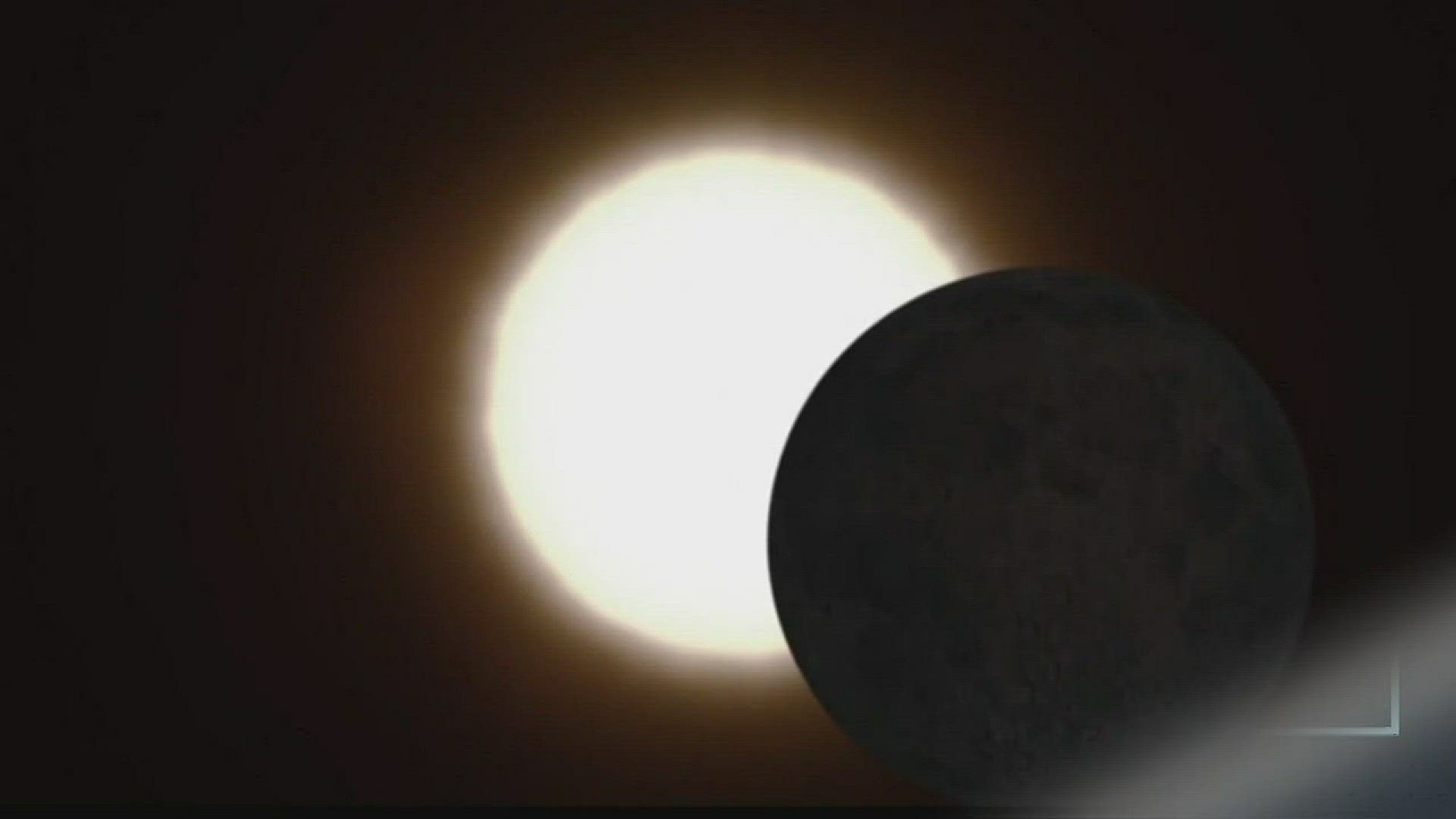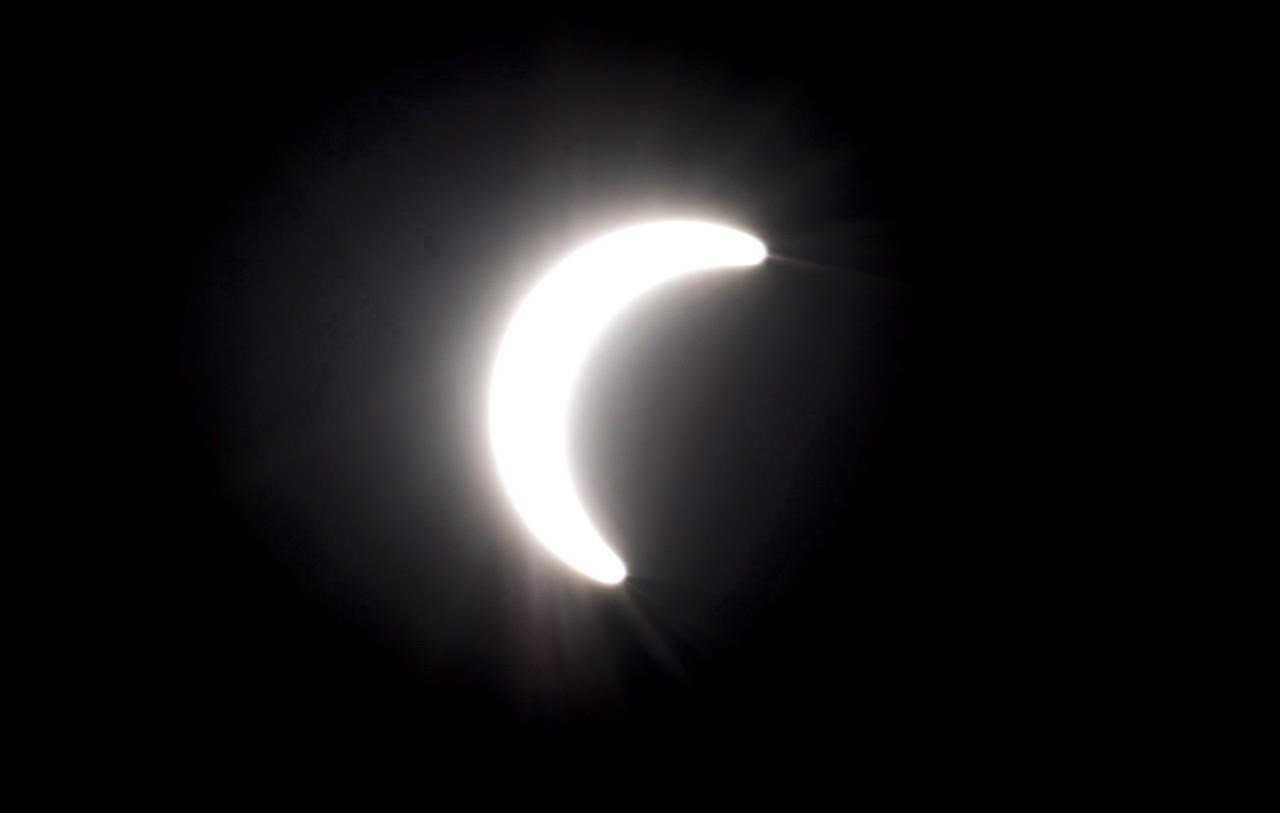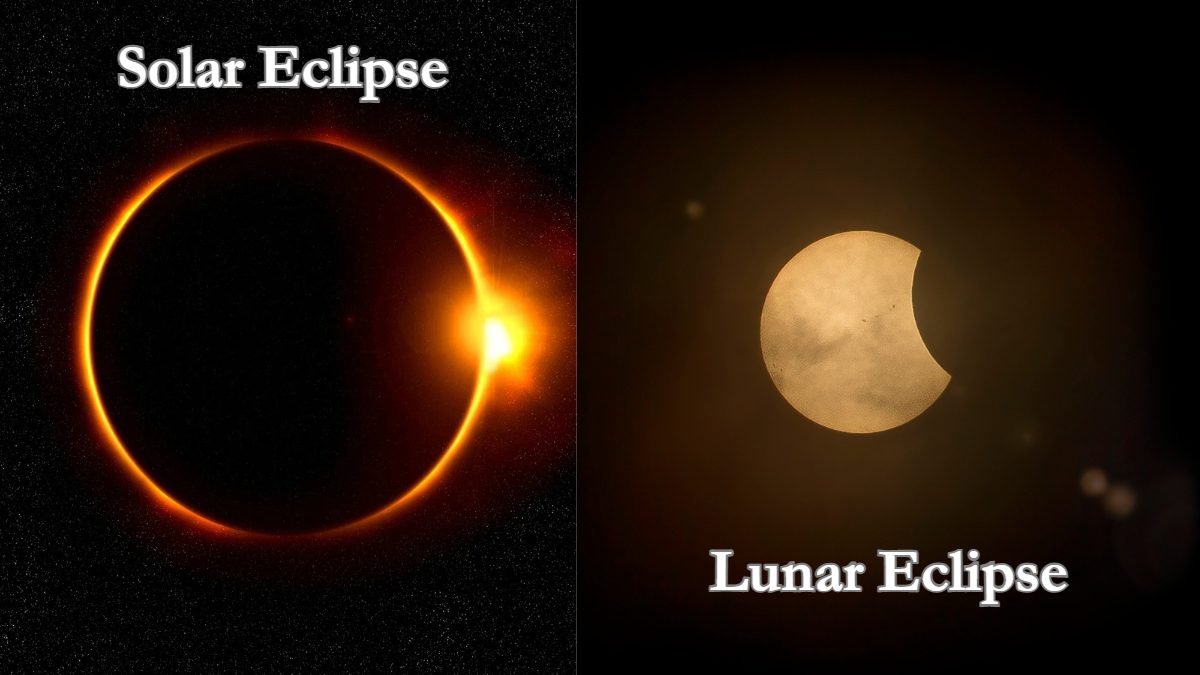Why Is Looking At An Eclipse Worse Than The Sun? A Comprehensive Guide
Have you ever wondered why peeping at an eclipse is way more dangerous than just staring at the sun? Well, buckle up because we’re diving deep into this cosmic mystery. An eclipse might look all fancy and magical up there in the sky, but trust me, it’s not as harmless as it seems. In fact, it can mess with your eyes in ways you’d never imagine. So, let’s break it down and figure out why this celestial event is such a big deal for your peepers.
Now, I know what you’re thinking. “The sun’s already dangerous, so how could an eclipse be worse?” That’s a great question, and one that scientists have been tackling for years. The truth is, during an eclipse, the sun plays a sneaky trick on us. It hides behind the moon just enough to make us feel like it’s safe to look. But here’s the kicker—it’s not. Not even a little bit.
Before we get too deep into the nitty-gritty, let’s set the stage. This guide isn’t just about scaring you away from eclipses. It’s about giving you the knowledge you need to enjoy these rare celestial events without frying your retinas. So, whether you’re a space enthusiast or just someone who loves a good sky show, stick around because this is gonna be good.
Read also:Kyle Rich The Rising Star You Need To Know About
Understanding the Basics of an Eclipse
First things first, let’s talk about what an eclipse actually is. Picture this: the moon decides to chill right in front of the sun, blocking its light from reaching Earth. Sounds simple, right? But here’s where it gets complicated. Depending on how the moon lines up, we get different types of eclipses—total, partial, or annular. And each one comes with its own set of risks.
Types of Eclipses and Their Risks
A total eclipse happens when the moon completely covers the sun, leaving only a glowing ring of light. Sounds cool, but here’s the thing—your eyes are still exposed to harmful UV rays. Partial eclipses, on the other hand, leave part of the sun visible, which can trick your brain into thinking it’s safer than it really is. Annular eclipses are similar, but the moon doesn’t fully cover the sun, creating what looks like a fiery ring.
- Total Eclipse: Full coverage, but still dangerous
- Partial Eclipse: Partial coverage, tricks your brain
- Annular Eclipse: Ring of fire, still harmful
Why Is the Sun Dangerous Anyway?
Let’s take a step back and talk about why the sun is so dang dangerous in the first place. See, the sun emits ultraviolet (UV) radiation, which is like invisible laser beams that can fry your skin and eyes if you’re not careful. Normally, we know better than to stare directly at the sun because, well, it’s freaking bright. But during an eclipse, that brightness gets dimmed just enough to make us think it’s okay to take a peek. Spoiler alert: it’s not.
UV Radiation and Its Effects on the Eyes
UV radiation is no joke. It can cause something called solar retinopathy, which is basically like a sunburn for your eyes. Symptoms include blurred vision, eye pain, and even temporary or permanent vision loss. And here’s the kicker—damage can happen without you even realizing it. So, yeah, staring at the sun—or an eclipse—is like playing Russian roulette with your eyesight.
Why Is an Eclipse More Dangerous Than the Sun?
Okay, so now we know the sun is dangerous, but why is an eclipse worse? Well, it’s all about perception. During an eclipse, the moon blocks enough sunlight to make it seem safe to look. But guess what? Those harmful UV rays are still there, sneaking past the moon and straight into your eyeballs. It’s like the sun’s playing a trick on you, and your eyes are the ones paying the price.
The Role of Perception in Eclipse Viewing
Our brains are wired to interpret brightness as a measure of safety. When the sun gets dimmed during an eclipse, our brain says, “Hey, this feels safer!” But that’s where the trouble starts. You see, the dimmed light tricks us into thinking we can stare longer without damage. Spoiler alert: you can’t. The UV rays are still doing their thing, even if you can’t feel them.
Read also:Wallis Day A Celebration Of Culture Heritage And Unity
How to Safely View an Eclipse
So, now that we’ve scared you half to death, let’s talk about how to enjoy an eclipse without turning into a human pinhole camera. The key is preparation. You need the right gear and the right knowledge to make sure your eyes stay safe while you soak up the cosmic vibes.
Essential Gear for Eclipse Viewing
First up, you need eclipse glasses. Not just any sunglasses—special ones designed to block out those pesky UV rays. And no, stacking regular sunglasses doesn’t count. You also need to make sure your glasses are ISO certified, which means they meet international safety standards. Trust me, it’s worth the extra bucks.
- Eclipse Glasses: Must be ISO certified
- Pinhole Projectors: A DIY option for safe viewing
- Telescopes with Filters: If you’re really into the astronomy game
Common Myths About Eclipse Viewing
There are a ton of myths floating around about eclipse viewing, and it’s time to bust them. For starters, no, you can’t look at an eclipse through smoked glass. And no, your car’s windshield isn’t gonna protect you either. These are just old wives’ tales that could get you into serious trouble. Stick with the facts, folks.
Busting Eclipse Myths
Here’s a quick rundown of some common eclipse myths and why they’re wrong:
- Smoked Glass: Doesn’t block UV radiation
- Regular Sunglasses: Not strong enough to protect your eyes
- Car Windshields: Still lets harmful rays through
Historical Perspectives on Eclipse Viewing
Humans have been fascinated by eclipses for centuries, but our understanding of their dangers has evolved over time. In ancient times, people believed eclipses were omens or signs from the gods. Fast forward to today, and we know they’re just a natural phenomenon. But one thing hasn’t changed—our need to protect our eyes.
Lessons from the Past
Historical records show that people have suffered eye damage from eclipse viewing for centuries. The difference now is that we have the technology to prevent it. So, while our ancestors might have relied on myths and superstitions, we have science on our side. Use it wisely.
Modern Science and Eclipse Safety
Today, scientists are constantly studying eclipses to better understand their effects on the human body. From developing better eclipse glasses to creating new viewing technologies, the field is always evolving. But one thing remains constant—the importance of education.
Advancements in Eclipse Safety
Recent advancements include:
- New materials for eclipse glasses
- Improved pinhole projector designs
- Advanced telescope filters
Real-Life Stories of Eclipse Damage
Let’s talk about some real-life examples of what can happen if you don’t take eclipse safety seriously. There are countless stories of people suffering from solar retinopathy after staring at an eclipse without proper protection. It’s not pretty, folks. Some even experience permanent vision loss. So, yeah, this stuff is serious business.
Case Studies and Statistics
Studies show that during major eclipse events, hospitals see a spike in eye-related injuries. One study found that over 50% of people who viewed an eclipse without protection reported vision issues afterward. That’s a sobering statistic if I’ve ever heard one.
Conclusion: Protect Your Eyes, Enjoy the Show
So, there you have it—the lowdown on why looking at an eclipse is worse than the sun. It’s all about perception and preparation. While the sun might seem scary, it’s actually the eclipse that plays tricks on our brains, making us think it’s safe to stare. But with the right gear and knowledge, you can enjoy these celestial wonders without putting your eyes at risk.
Now, here’s the deal—don’t just sit there. Go grab yourself some eclipse glasses, invite your friends over, and enjoy the show. Just remember to stay safe and share this guide with anyone who might need it. After all, knowledge is power, and in this case, it’s also the key to protecting your peepers.
Table of Contents
Understanding the Basics of an Eclipse
Types of Eclipses and Their Risks
Why Is the Sun Dangerous Anyway?
UV Radiation and Its Effects on the Eyes
Why Is an Eclipse More Dangerous Than the Sun?
The Role of Perception in Eclipse Viewing
Essential Gear for Eclipse Viewing
Common Myths About Eclipse Viewing
Historical Perspectives on Eclipse Viewing


